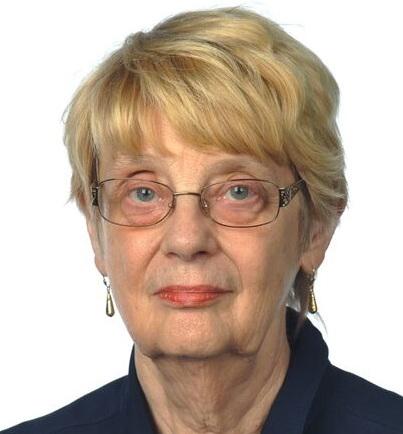Speakers
Susan Embretson, Georgia Institute of Technology
Modeling cognitive processes, skills and strategies in item responses: Implications for test and item design
Dylan Molenaar, University of Amsterdam
Beyond simple main effects: Challenges to the substantive interpretation of higher-order statistical effects
Eric-Jan Wagenmakers, University of Amsterdam
Bayesian Multi-Model Inference for Practical and Impractical Problems
Dani Gamerman, Instituto de Matemática, Universidade Federal do Rio de Janeiro
Dynamic generalized structural equation modeling, with application to the effect of pollution on health
Kathleen Gates, University of North Carolina at Chapel Hill
Assessing individual differences in non-traditional data structures
Minjeong Jeon, University of California, Los Angeles
A latent space modeling approach to unveiling respondents’ and items’ dependence structures in item response analysis
Ernesto San Martin, Pontificia Universidad Católica de Chile
How to broker the evaluation of public policies? A proposal based on partial identification
Anna-Lena Schubert, Heidelberg University
Psychometric and mathematical modeling approaches to the measurement of individual differences in cognitive processes
Leah Feuerstahler, Fordham University
Characterizing uncertainty in item response model metrics
Marjolein Fokkema, Leiden University
Prediction rule ensembles: Balancing interpretability and accuracy in statistical prediction
Hyeon-Ah (Annie) Kang, University of Texas at Austin
Detecting item parameter drift online using response and response times
Thorsten Meiser, University of Mannheim
IRTree mixture models for decomposing trait-based responses and response styles
Adrian Quintero, ICFES – Colombian Institute for Educational Evaluation
Selecting the number of factors in Bayesian factor analysis


















